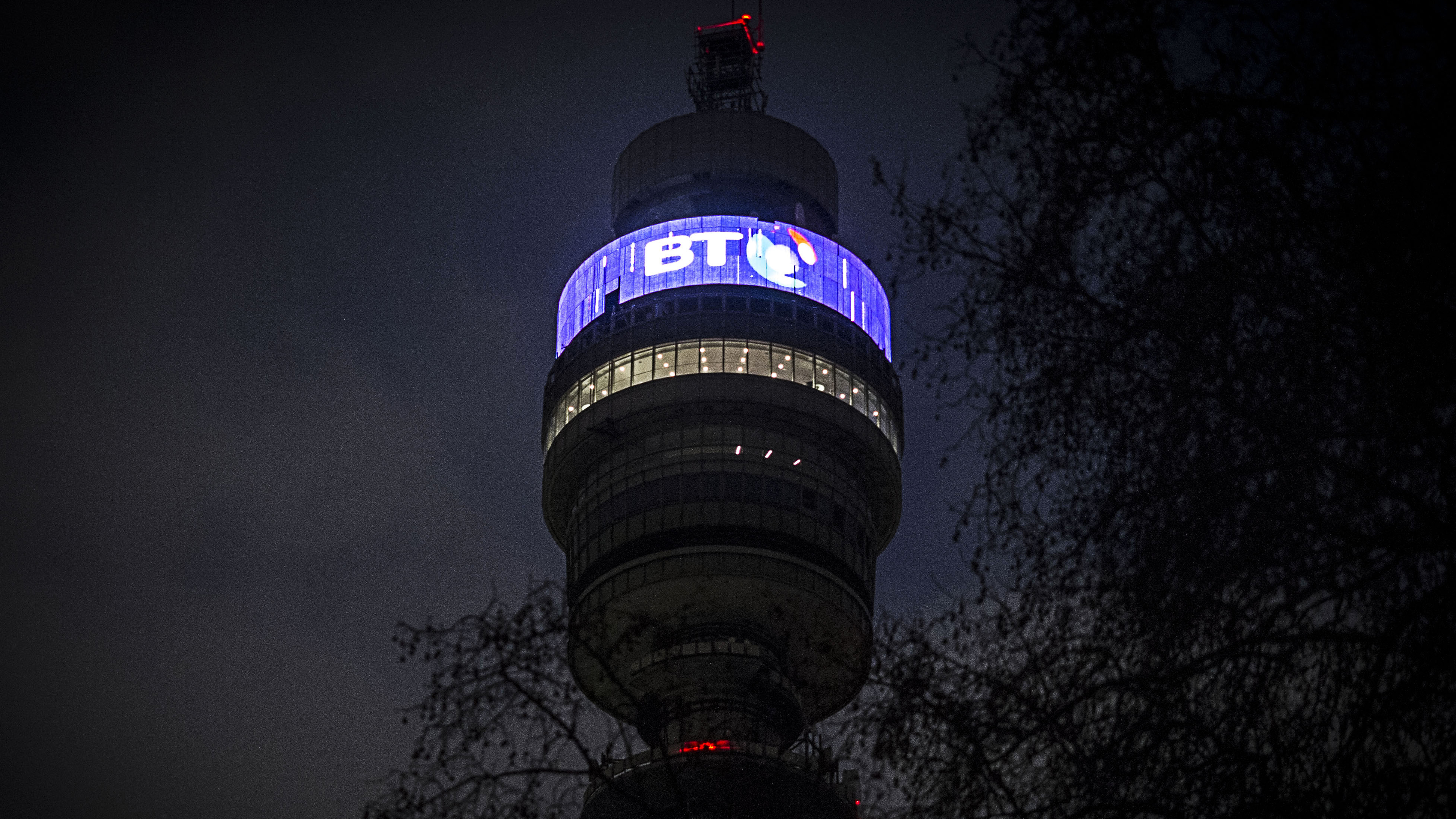BT wants all operators to have equal access to street furniture
BT calls for overhaul to model

BT is demanding that local councils grant access to street furniture on a fair and equal basis, arguing that the current model of exclusive agreements stifles investments and could slow down 5G deployments.
Under the present model, mobile operators bid for contracts with local authorities for the exclusive rights to deploy micro-infrastructure such as small cells on furniture such as lamp posts and bus shelters.
Any other operator wishing to use these assets must pay a wholesale charge to the exclusive rights holder.
- Barriers could stop UK being a 5G leader
- Arqiva and CityFibre build London 5G small cell network
- Everything you need to know about 5G
BT small cells
Operators and infrastructure firms such as Arqiva have used these agreements to deploy small cells for 4G networks in busy areas to boost coverage.
However small cells will be a critical component of 5G networks, helping to deliver the micro capacity and coverage that will power a wealth of next-generation applications that will require constant, low latency connectivity.
BT says this the current model is unpractical for the 5G era and in any case believes the reformed Electronic Communications Code passed in December 2017 renders these agreements void. Instead, it believes councils should charge any operator who wants access to street furniture a “low cost” flat fee.
“While the concessions model made sense in the early 2010’s when it first came into common use, the market and regulatory landscape have changed and it’s become clear that exclusivity agreements act as a barrier to further 4G and 5G investments,” said Paul Ceely, director of network strategy at BT.
Sign up to the TechRadar Pro newsletter to get all the top news, opinion, features and guidance your business needs to succeed!
“Government initiatives such as the DCMS Barrier Busting taskforce are showing the way, but we believe that industry needs to act. We are leading the way by handing back exclusivity in nine key areas.”
To push its vision of open access, BT is holding a workshop in Birmingham, home of the West Midlands Combined Authority (WMCA) 5G testbed. It says it is also prepared to relinquish the nine exclusive agreement is has in place to facilitate the change.
These are in Glasgow, Cardiff, Brighton, Plymouth, Carlisle, Newcastle/Gateshead, Nottingham, Gloucester and Leicester.
“The UK needs an alternative approach which sees industry and local authorities working together to share these street sites in an open and collaborative way,” concluded Ceely. “This will create the right environment for long-term investment and innovation in future mobile networks. We believe Open Access will be critical in ensuring the UK has the best mobile infrastructure in place to maintain its position as one of the world’s leading digital economies.”
The Mobile Industry Awards 2019 return on 6th June! To enter the awards visit www.mobileindustryawards.com Entry Deadline: 5pm on 29th March
- Here are the best BT Broadband deals for March 2019
Steve McCaskill is TechRadar Pro's resident mobile industry expert, covering all aspects of the UK and global news, from operators to service providers and everything in between. He is a former editor of Silicon UK and journalist with over a decade's experience in the technology industry, writing about technology, in particular, telecoms, mobile and sports tech, sports, video games and media.